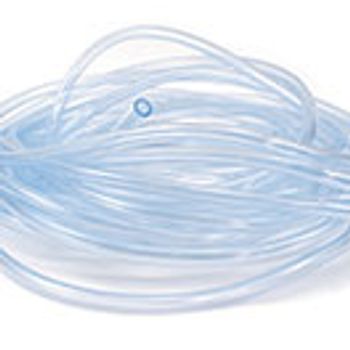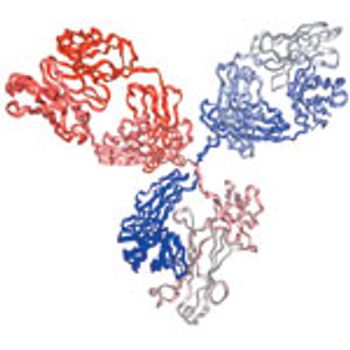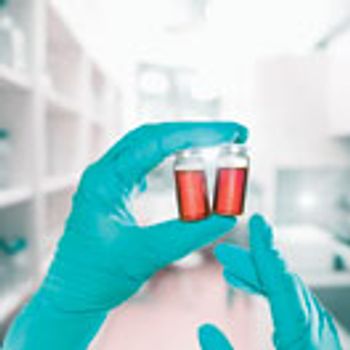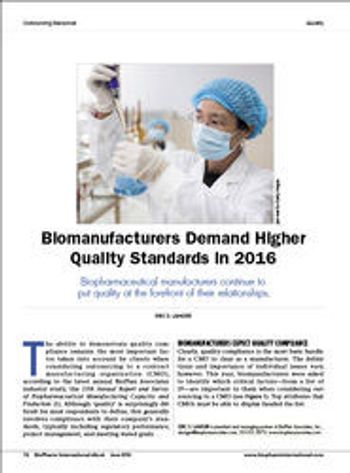
FDA awarded nearly $3 million in grants for continuous manufacturing and other advanced manufacturing technologies as part of the agency’s efforts to ensure a robust and reliable supply of biological products.

FDA awarded nearly $3 million in grants for continuous manufacturing and other advanced manufacturing technologies as part of the agency’s efforts to ensure a robust and reliable supply of biological products.

A collaboration integrates Sartorius Stedim Biotech’s BIOSTAT STR bioreactors and Repligen’s XCell ATF cell-retention control technology to create simplified, scalable equipment for intensified cell culture.

Automation can improve many aspects of bioprocessing, but several hurdles must be overcome before the full range of benefits can be realized.

FDA grants support US research in continuous manufacturing monitoring and control techniques for bio/pharmaceutical manufacturing at Rutgers, MIT, and Georgia Tech.

Flexibility and process intensification are advantages of continuous biopharmaceutical manufacturing, but some challenges remain.

Silicone is one of the polymeric materials that can be used for single-use components and assemblies in biopharmaceutical manufacturing.

WuXi Biologics will invest $60 Million to establish a biologics production facility in Massachusetts.

WuXi Biologics will build a biologics manufacturing facility in Singapore that will use both fed-batch and continuous perfusion-based single-use bioreactors.

More published data and initial regulatory approvals are needed to drive adoption of continuous bio-manufacturing.

Early adopters are benefiting from lower costs and increased productivity.

MilliporeSigma will collaborate with IPS and G-CON to offer end-to-end, turnkey, modular MAb manufacturing.

Single-use systems provide replaceable fluid paths.

The company’s new modules offer scalable single-pass diafiltration and were exclusively showcased during its Leadership Forum series in Westborough, MA.

The companies have established a joint laboratory to develop full continuous processing to manufacture high yields of monoclonal antibodies at reduced costs.

The partnership and the formation of the institute intend to bring together industry, academia, and regulators to tackle challenges and provide solutions for continuous manufacturing.

The agency is looking for industry input on best practices for continuous manufacturing.

With £4.5 million (US$5.8 million) in funding, the consortium is tasked with developing a new automated continuous biologics purification unit to make biologic drug manufacturing more efficient.

The authors present a shift toward more integrated purification processes.

Continuous processing of 100 g of monoclonal antibody in 24 hours has been demonstrated using lab-scale equipment.

Can bioprocessing runs be consistently replicated in an inherently variable production environment?

Continuous downstream bioprocessing is proving its worth, but connecting different operations and integrating upstream remains a challenge.

Richard D. Braatz, PhD, will discuss using mathematical models to design a continuous drug manufacturing plant and the differences between batch and continuous operations for biologics.

A novel coiled flow inversion reactor (CFIR) improves process productivity and performance.

Biopharmaceutical manufacturers continue to put quality at the forefront of their relationships.

Advances in single-use systems, consumables, and continuous manufacturing show steady progress.